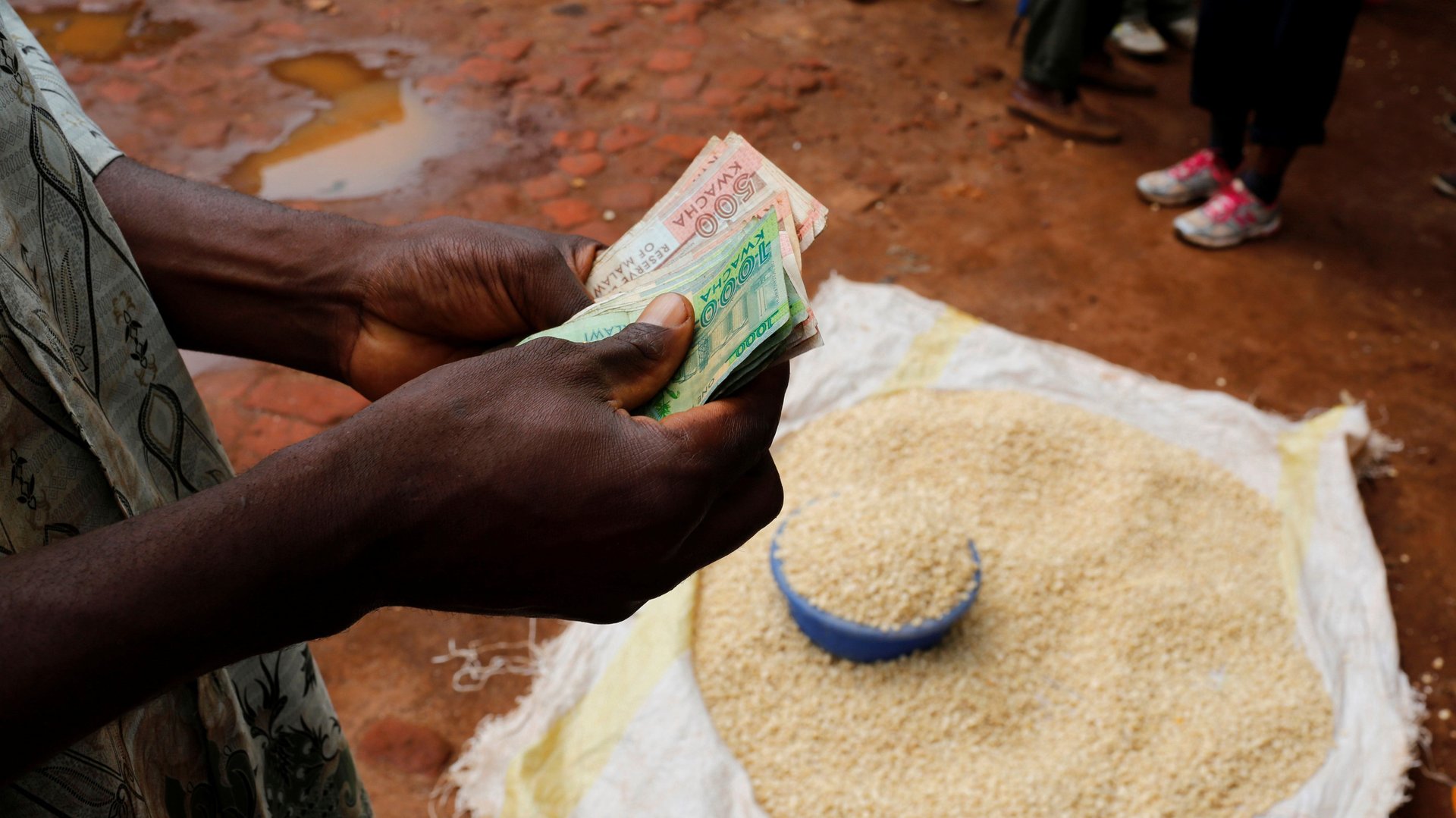Malawi says all local businesses must offer digital payment options, not just cash
The Reserve Bank of Malawi wants most money transactions to be done electronically and currently a policy is being put in place which will make all local businesses offer customers at least one method of digital payment. The options include mobile money/banking, Point of sale, internet banking or other digital payment systems approved by the central bank.


The Reserve Bank of Malawi wants most money transactions to be done electronically and currently a policy is being put in place which will make all local businesses offer customers at least one method of digital payment. The options include mobile money/banking, Point of sale, internet banking or other digital payment systems approved by the central bank.
Currently, the central bank along with stakeholders including the Bankers Association of Malawi, Malawi Revenue Authority, the trade ministry and the justice ministry are working on a legislation bill which will make businesses do most of their money transactions electronically.
The Reserve Bank is waiting for the justice ministry to finalize drafting a bill which is expected this month and tabled in parliament. “It is our hope that by next year we should have the law implemented in full swing,” said spokesperson Mbane Ngwira. The bank’s aim is to increase the use of digital payments and enable an environment for digital financial services accessible to all.
While the policy will give choices to businesses willing to transact electronically it will hope to encourage others who have been reluctant to offer digital payment options.
But it won’t be straightforward, cash is still king in Malawi where just 19% of the population are banked, according to the Bankable Frontier Associates. With 84% of Malawians living in rural areas, it is mostly just urban and formally employed Malawians who have bank accounts. Cash dominates with subsistence farmers selling their produce and other informal sectors.
And yet, there is plenty of hope thanks to the success of mobile money in the country and a key reason for financial regulators to feel confident enough to make this push. In a country of around 19 million people there were 1.8 million active mobile money accounts in 2017 up from a mere 1,000 five years earlier, according to the Global Findex report from the World Bank. Mobile money services are used by at least 20% of the country’s adult population. The Reserve Bank says 30% of Malawians use digital financial services overall.
Malawi is following in the steps of countries including Kenya and Zimbabwe where mobile money now plays a significant role in their respective economies, growing rapidly over the last decade.
Financial regulators will likely be hoping enforcing the use of at least one digital financial system will help engage more of the informal sector of small businesses into formal tax systems.
One of the organizations that represents small and medium enterprises, SME Development Corporation said the introduction of digital payments in Malawi is a good idea but required caution in areas such as financial literacy.
“Most SMEs still prefer to use cash because in the Malawian context most of their businesses are really small, some of them don’t have a physical place of business, said Mcdonald Mkandawire, chief executive of Malawi Development Corporation. “They carry their business with them wherever they go, so the central bank has to intensify its efforts of informing such people on the importance of digital payment.”
The Reserve Bank of Malawi says it’s been running awareness campaigns around the country to inform people about the benefits of digital payment.
“We take the existence of a large informal business sector as an opportunity for digital payments to thrive because of the advantages such digital channels have over cash for example there is safety of transactions as there is no cash heist or theft, no time wasted for banking halls, the advantages outweigh the cost.” says Ngwira.
Sign up to the Quartz Africa Weekly Brief here for news and analysis on African business, tech and innovation in your inbox